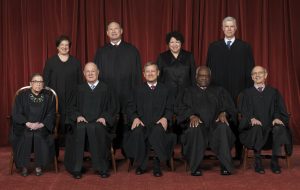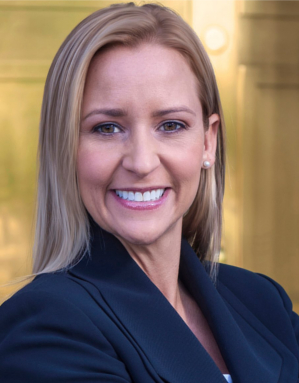 Earlier this month the federal Department of Justice filed an amicus brief with the U.S. Supreme Court supporting a baker in Colorado in an important religious liberty case.
Earlier this month the federal Department of Justice filed an amicus brief with the U.S. Supreme Court supporting a baker in Colorado in an important religious liberty case.
Jack Phillips is a baker and cake designer. He is also a Christian. In 2012 he was asked to design a custom cake for a same-sex ceremony. Phillips declined and was promptly sued for discrimination under the state’s public accommodation law.
It’s important to note that Mr. Phillips sells cakes and baked goods to people regardless of their sexual-orientation. However, he does not prepare cakes for every occasion, based on his Christian beliefs. For example, according to documents filed with the court, Mr. Phillips does not operate his business on Sundays; does not sell products containing alcohol; and does not provide goods related to Halloween.
His case has gone all the way to the U.S. Supreme Court, and earlier this month the federal Department of Justice filed an amicus brief in the case supporting Mr. Phillips.
Attorneys at the DOJ write, “Forcing Phillips to create expression for and participate in a ceremony that violates his sincerely held religious beliefs invades his First Amendment rights . . . . Colorado has not offered, and could not reasonably offer, a sufficient justification for that compulsion here.”
Mr. Phillips’s case highlights a growing threat to religious liberty: State and local “nondiscrimination” policies. While these laws are often touted as ways to protect people from discrimination, they can run roughshod over religious liberty and force people to say or do things that violate their deeply-held religious beliefs.
Fortunately the federal government is standing with Mr. Phillips, but ultimately this case rests in the hands of the nine justices on the U.S. Supreme Court.


